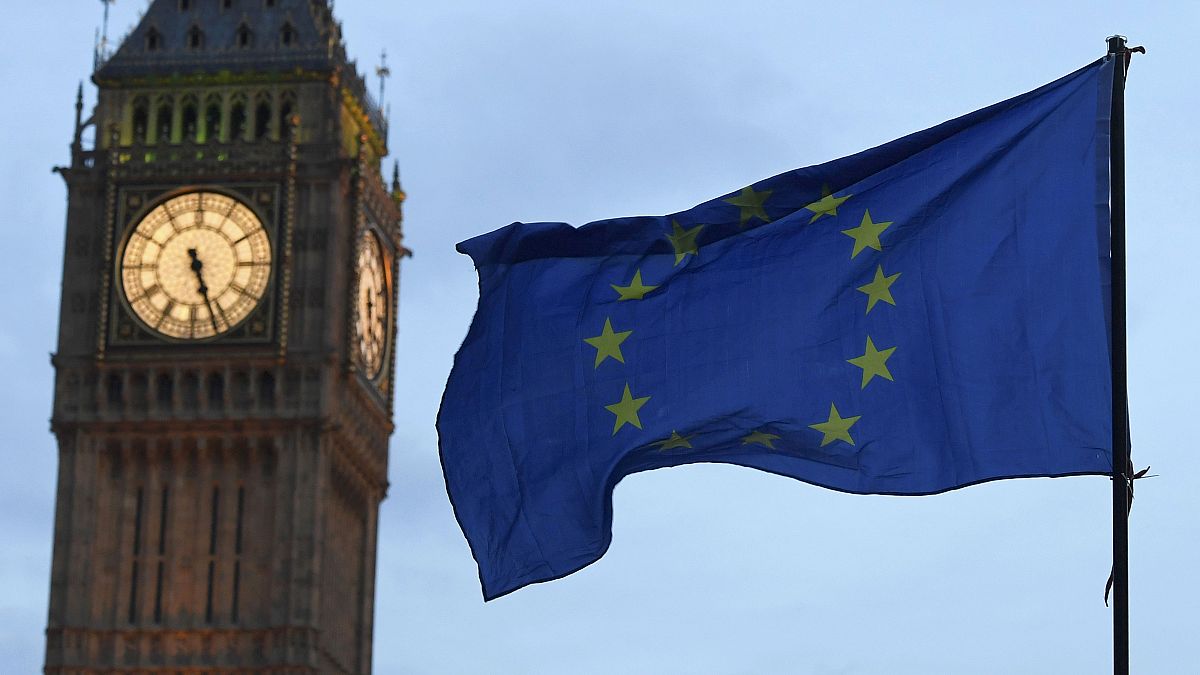The House of Commons two weeks ago passed the very short bill which allows PM May to trigger Article 50 and begin the process of the UK leaving the EU.
The House of Commons two weeks ago passed the very short bill which allows PM May to trigger Article 50 and begin the process of the UK leaving the EU. But now the upper chamber of parliament, the House of Lords, must also pass the bill before it can be made law.
Eleven pages of amendments have already be tabled, and will have to be voted on before the bill can go through.
After Tuesday’s discussion the bill will progress to the Committee stage where these amendments will be discussed in detail, and voted on. Amendments on the status of EU citizens in the UK are expected to generate the most discussion, as it has been at the forefront of debates in the UK.
If satisfied, the Lords will then pass the bill back to the whole house for a third reading (Tuesday is the second reading), to be voted on. If passed, it will be thrown back to the Commons where MPs will vote on the full bill, with any amendments the Lords may or may not add.
It is not believed that the Lords will block the legislation, despite many members (known as Peers) being anti-Brexit before last June’s referendum.
But the second chamber may cause more problems for PM May, due to the political make-up of the chamber.
The Lords, unlike the Commons where MPs sit, is not controlled by May’s Conservative Party.
Instead it consists of 805 political appointees, 689 of whom are ‘life peers’ who will keep their seat until death (90 are hereditary peers, the other 26 are bishops of the Church of England).
Only 253 of the 805 are Conservative.
This means that Labour and the Liberal Democrats (as well as so-called cross bench peers, who do not belong to a party and vote issue by issue) have a great amount of power to alter and even block legislation. It is thought that a majority of the Lords are in favour of remaining part of the EU.
It is unlikely that the Lords will actually go as far to block the legislation. Lord Newby, leader of the 101 Liberal Democrat Lords said “People here [in the Lords] aren’t stupid… our role isn’t to frustrate the will of the people”. Another legislator, the Labour Party’s Lord Blunkett, said to block Brexit legislation would be “foolish in the extreme”.
However as Baroness Wheatcroft, a senior Conservative peer, said in August “there’s a majority in the Lords for remaining [in the EU]”. And this has clearly made May and her government nervous in recent months.
In November it was decided to cancel plans to reform the way the unelected upper house works. Currently, the Lords must approve any bill or amendment that MPs pass, before it can be passed to the Queen to be signed and made law.
However, a proposal from the Strathclyde Review would have banned the Lords from blocking legislation, by giving parliament the power to force any bill through (parliament’s powers to push legislation through is currently limited).
This decision was reportedly prompted by fears that angering the Lords may affect their willingness to allow Brexit legislation through.
But that is not to say that all peers agree with the likes of Lord Blunkett. Liberal Democrat Baroness Kramer said during the latest discussion that the public should have the “final word” on Brexit, in another referendum.
The discussion may yet be decided on party loyalties, however, with former Conservative Finance Minister Lord Lamont telling ‘Remain’ supporters within the Lords they should not undermine Theresa May and her government’s negotiations by adding new conditions, such as the right of EU citizens to remain in the UK after Brexit.
